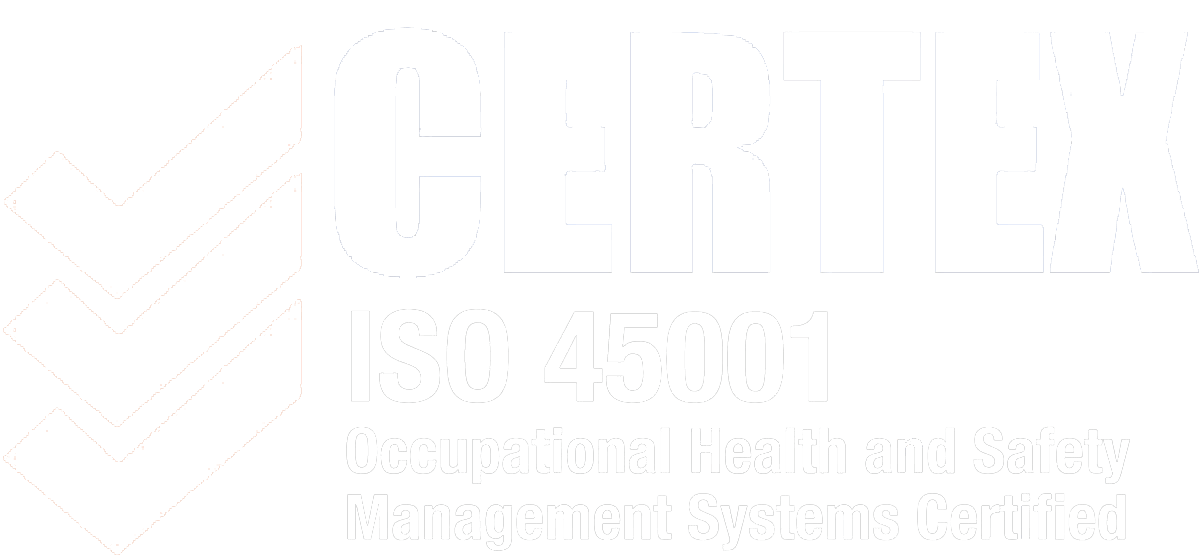How asking for feedback at work can help you flourish.
Feedback in the workplace can always seem daunting, especially because it comes in the form of formal performance reviews. But it is important for any employee to remember that feedback is what helps you grow. In today’s dynamic workplace, asking for feedback is not just a soft skill, it is a strategic one. Employees that consistently seek feedback gain clarity, accelerate their development, and help build better relationships with managers and peers.
If what you are seeking is to improve your workplace experience and growth in your role, learning how (and when) to ask for feedback is one of the best decisions you can make.

What asking for feedback at work really means.
Asking for feedback means taking the initiative to request input about your performance, communication, or outcomes. It is not about waiting for an annual performance review but is all about creating opportunities for yourself that can help you learn, adapt, and improve.
By asking for feedback, you show your employers that you:
- Are professional and self-aware.
- Take ownership of your personal growth.
- Want to open the door to better communication and collaboration.
Why asking for feedback at work is important.
It will help fast-track your growth.
Asking for feedback will help you understand what you are doing well and areas where you can improve. This can help you make targeted changes quickly and confidently.
It builds trust with managers.
Proactively seeking feedback shows maturity and a willingness to improve, qualities that every manager values.
It clarifies expectations.
If you are unsure about how your work is being received, asking for feedback clears up confusion and helps align your efforts with team goals.
It increases visibility.
When you actively seek input, your work stays on the radar. This means that your managers are more aware of what you are doing. This helps build opportunity and recognition.
When to ask for feedback.
As important as asking for feedback at work is, it is also important that you are able to identify the most opportune moment to ask for it. Ideal times include:
- Post the completion of a project or presentation
- During a 1 on 1 check-in with your manager
- After team meetings or group work
- Before starting a new responsibility
Make sure that asking for feedback is a regular part of your workflow- not something you do when something goes wrong.
How to ask for feedback effectively.
- Be specific- Instead of “any feedback?”, ask “was my report clear and actionable?”
- Be timely- Ask for feedback when the task or event is still fresh.
- Be open- Listen to the feedback without interrupting or getting defensive. Show appreciation even when you receive critical input.
- Be consistent- Make feedback seeking a habit, not a rare event.
Common barriers- and how to overcome them.
Afraid of criticism?
While asking for feedback at work, try not to think of feedback as judgement. Instead, think of it as information that will help you better yourself and your work.
Unsure of what to ask?
Start with small, focused questions like “How did I handle that call?”, “Was my communication clear?”, or “Do you have any inputs?”
Worried about bothering your manager?
Most leaders appreciate it when team members take ownership of their own development. Just remember to be respectful and brief.
Final thoughts.
Asking for feedback at work is a career skill that needs to be honed. It is one of the simplest, most effective ways to take charge of your professional development. It also helps create a more open, trusting, and productive workplace for everyone.
So, if you want to get the best out of your work experience, start by asking one simple question:
“How can my work be better?”
 CA-EN
CA-EN UK
UK AU
AU US
US NZ
NZ PH
PH ZA
ZA SG
SG HK
HK






